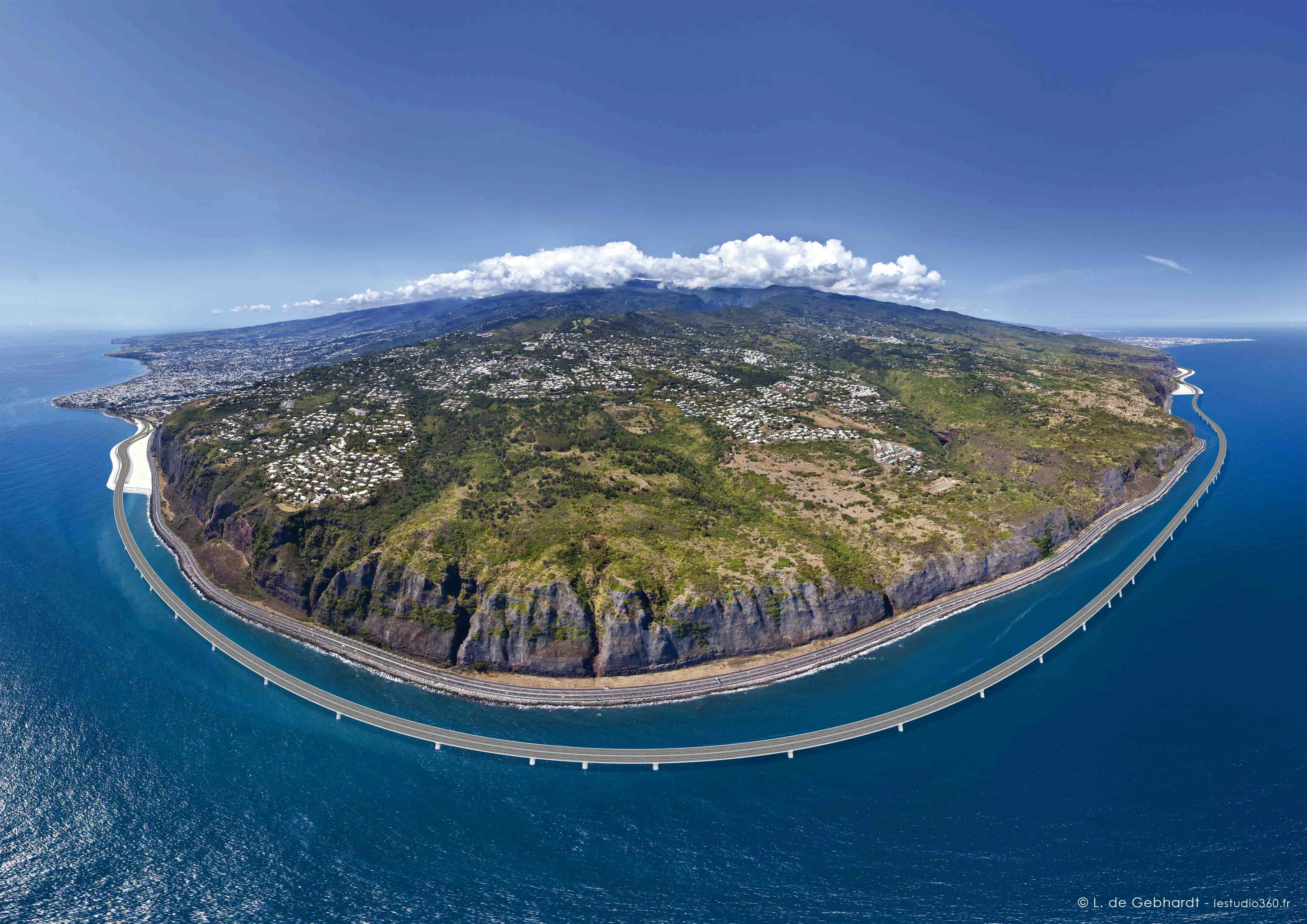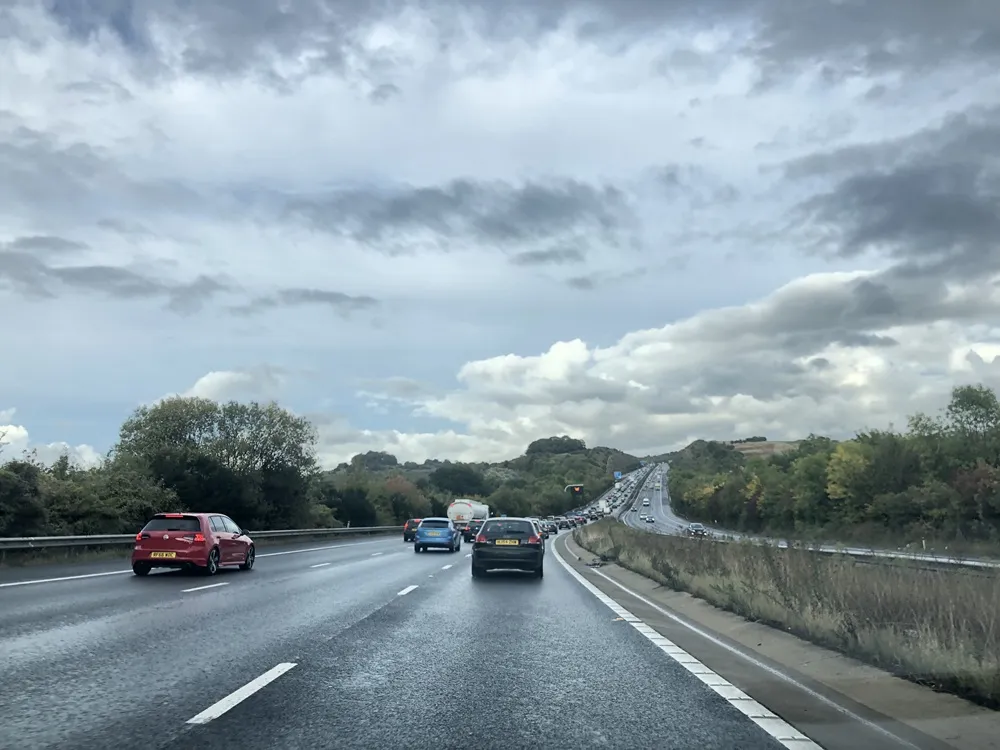Bangalore’s ring road project is facing high costs for the land required.
By MJ Woof
January 29, 2021
Read time: 1 min

High land costs pose a challenge for the development of Bangalore’s planned ring road project. The Bangalore Development Authority (BDA) is keen to source a private agency that will be willing to pay for the land required for the planned Peripheral Ring Road (PRR) project. The project is envisaged under the PPP Model and has seen its estimated cost now climb to as much as US$2.88 billion. The 65km route will require around 931ha of land in all and some 214.5ha still remain to be purchased.








